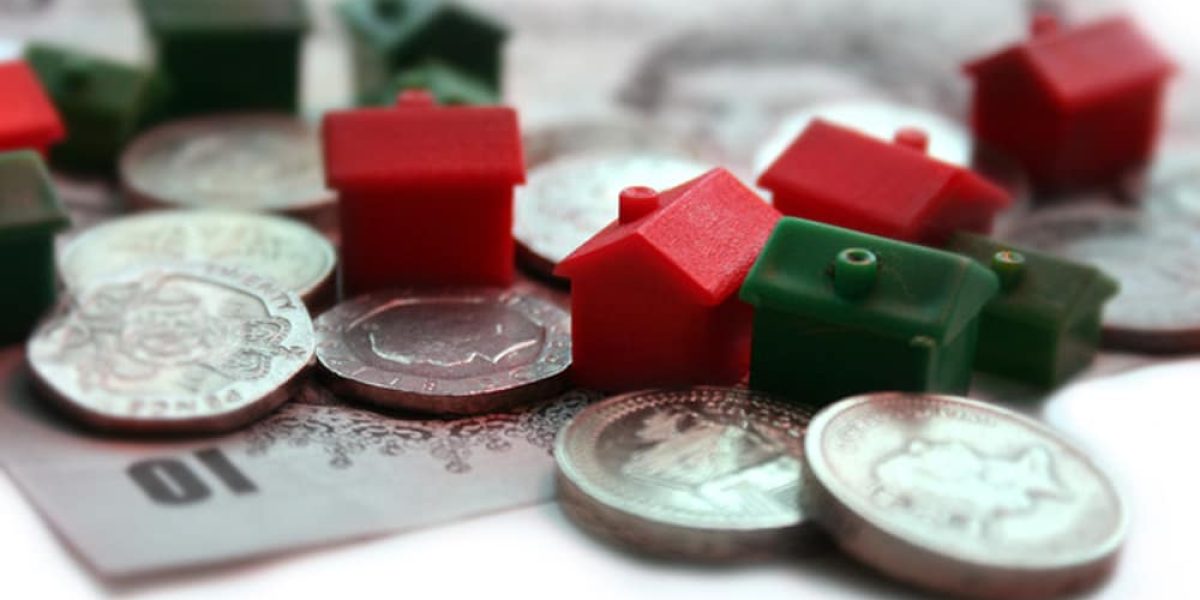If you fall behind with your mortgage payments, the bank or building society from which you obtained your mortgage from could repossess your home. A bridging loan can be used to avoid repossession and provide breathing space for the borrower to pay the arrears.
Later stage repossession
A later stage repossession is one where the lender gives the borrower a brief time to pay their mortgage arrears. If the borrower makes an agreement on how they will pay off the arrears, the possession is put on hold. This allows the property owner to remain in the property, but if they still fail to clear the arrears, the owner could be evicted, and the lender will then own the property.
The effects of repossession
Many lenders who repossess a home will try to sell it as quickly as possible. Any excess money raised after the mortgage debt has been cleared will be given to the borrower. Sometimes a lender will try to sell the home quickly and accept a below market price offer from a buyer. There is the risk that the sale of the house will not fully cover the mortgage balance, in which case the borrower is still responsible for the remaining mortgage balance.
Avoiding repossession with bridging finance
If there is a threat to repossess the home, a bridging loan can be used to repay the mortgage arrears. To obtain a bridging loan there must be enough equity in the home to cover the bridging loan amount.
The bridging loan will keep the mortgage payments up to date, but it is a short-term loan that must be repaid. Using a bridging loan will allow the owner to remain in the property. In most cases, the bridging finance lender will expect that the house to put up for sale. This will enable the borrower to sell the house at its full market value. People with mortgage arrears often have other debts, and the house sale may be able to clear them as well as the mortgage.
The borrower may have other funds to repay the bridging loan so that they can remain in the home. For example, they may be the benefactor of a recently deceased person’s estate and be waiting for estate funds to be available. A borrower may have other valuable assets they can sell, such as art, jewellery, and antiques.
The borrower has to pay interest on the bridging loan, but only until the bridging loan is repaid.
Mortgage arrears affect the credit record
If a borrower has missed several mortgage payments, this will adversely affect their credit record and may make it difficult to get a mortgage in the future until their credit score is built up again.
Generally, the bridging lender will not be concerned about a bad credit history, as long as the property has enough value to secure the loan.
If you are threatened with your home being repossessed, talk to Ascot Mortgages about how a bridging loan may be able to help you.


